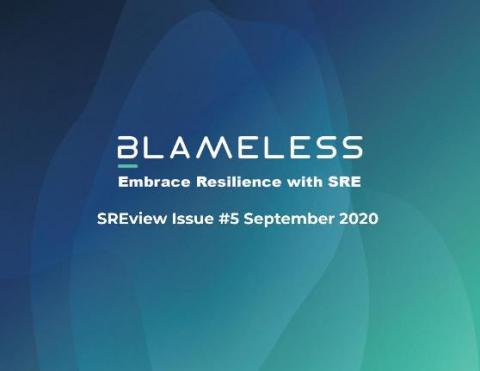Let's Talk AIOps: Part 2: Things to Think About & the PagerDuty Approach
This is the second in a two-part blog series about AIOps where I sit down with Julian Dunn, Director of Product Marketing at PagerDuty, to level-set on the hot DevOps topic. The first post discussed whether AIOps was just marketing fluff and whether ITOps actually has an AIOps problem. Let’s continue…








